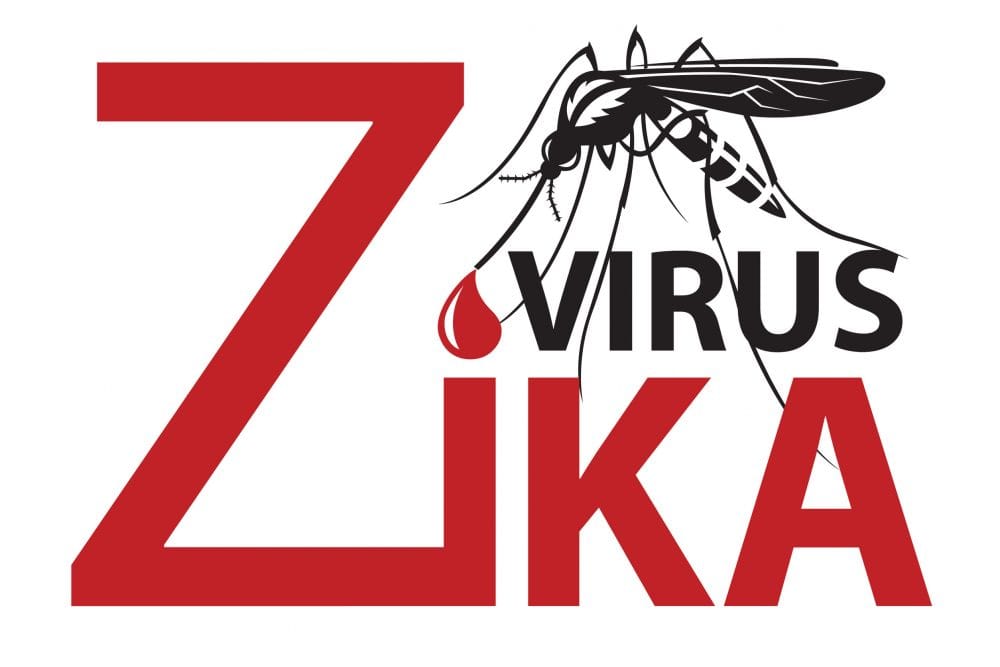 Fears that the Zika virus could continue to spread in India are increasing. A fourth case of the virus has been detected in the state of Tamil Nadu. What’s noteworthy – and perhaps concerning – about the case is that the infected individual was uncovered not by national surveillance programmes, but by a Manipal University public health project.
Fears that the Zika virus could continue to spread in India are increasing. A fourth case of the virus has been detected in the state of Tamil Nadu. What’s noteworthy – and perhaps concerning – about the case is that the infected individual was uncovered not by national surveillance programmes, but by a Manipal University public health project.
The individual in question is a 27 year old man from the Krishnagiri district. Previous cases had been confirmed in Gujarat, making Tamil Nadu the second state confirmed to have patients testing positive for the virus.
The presence of the virus in multiple states implies that either it has spread across states through domestic travel, or been introduced sporadically through international travel. It was reported that the fourth Zika patient, much like the three before, had not travelled outside of the country.
Were it not for the testing conducted at Manipal University, this case may have gone unnoticed. The Manipal Centre for Virus Research began a project called the Hospital Based Acute Febrile Illness Surveillance in India in 2013. The project aimed to characterise the disease causing mechanisms of Acute Febrile Illness among patients in district hospitals and primary health centres across a number of states. This was done by identifying bacterial and viral causes of fevers in patients with the illness.
One of the sites involved in the project happened to be the Krishnagiri district. When the 27 year old man arrived at a health centre with a fever, headaches, joint pain and redness in his eyes, he underwent blood tests for chikungunya and dengue, common causes of the symptoms.
Blood tests indicated that neither dengue or chikungunya infections were present in the samples. This led the team at Manipal Centre for Virus Research to perform polymerase chain reaction, or PCR tests (a laboratory technique used to amplify the numbers of small samples of DNA, to more easily detect small volumes in samples) to analyse the sample for DNA fragments unique to the Zika virus.
Due to the diagnosis the patient was able to receive treatment, and is currently recovering at home but under the supervision of a team of doctors. Senior government officials including the state Health Secretary, J Radhakrishnan visited the patient at his home over the weekend. Vector control measures were carried out in the local area around the man’s home.
Currently all patients who arrive at a healthcare facility with typical viral symptoms such as fever and fatigue are tested for dengue, chikungunya, malaria, jaundice, typhoid and leptospirosis. If symptoms point to dengue or chikungunya and tests turn negative, samples should be sent for testing to check for the Zika virus.
Communication between healthcare bodies and programmes is vital in detecting the virus, particularly as there are now cases in multiple states, indicative of a wider problem. Though there is a protocol in place to detect the virus, prioritisation in checkups may be needed if Zika becomes more common.

